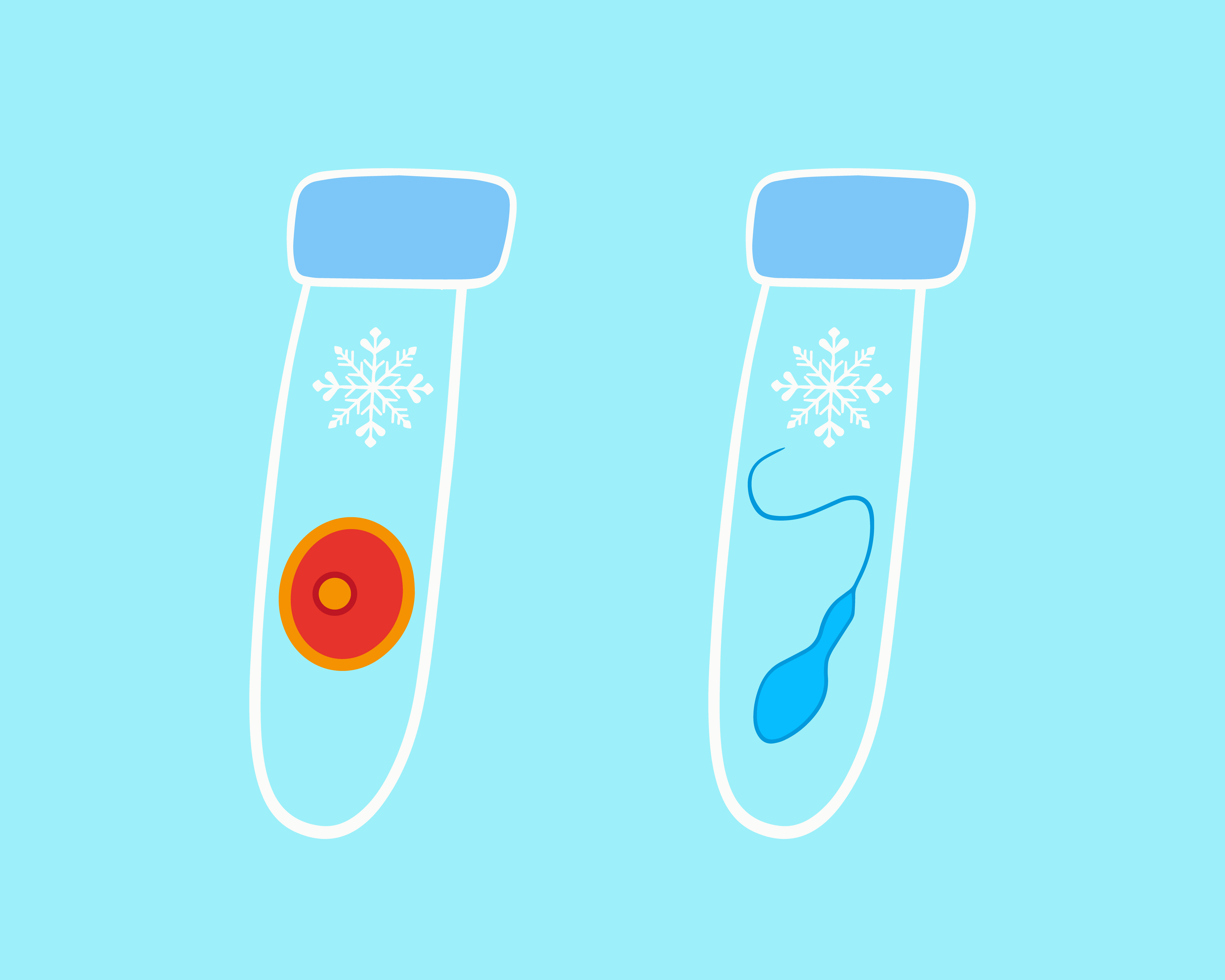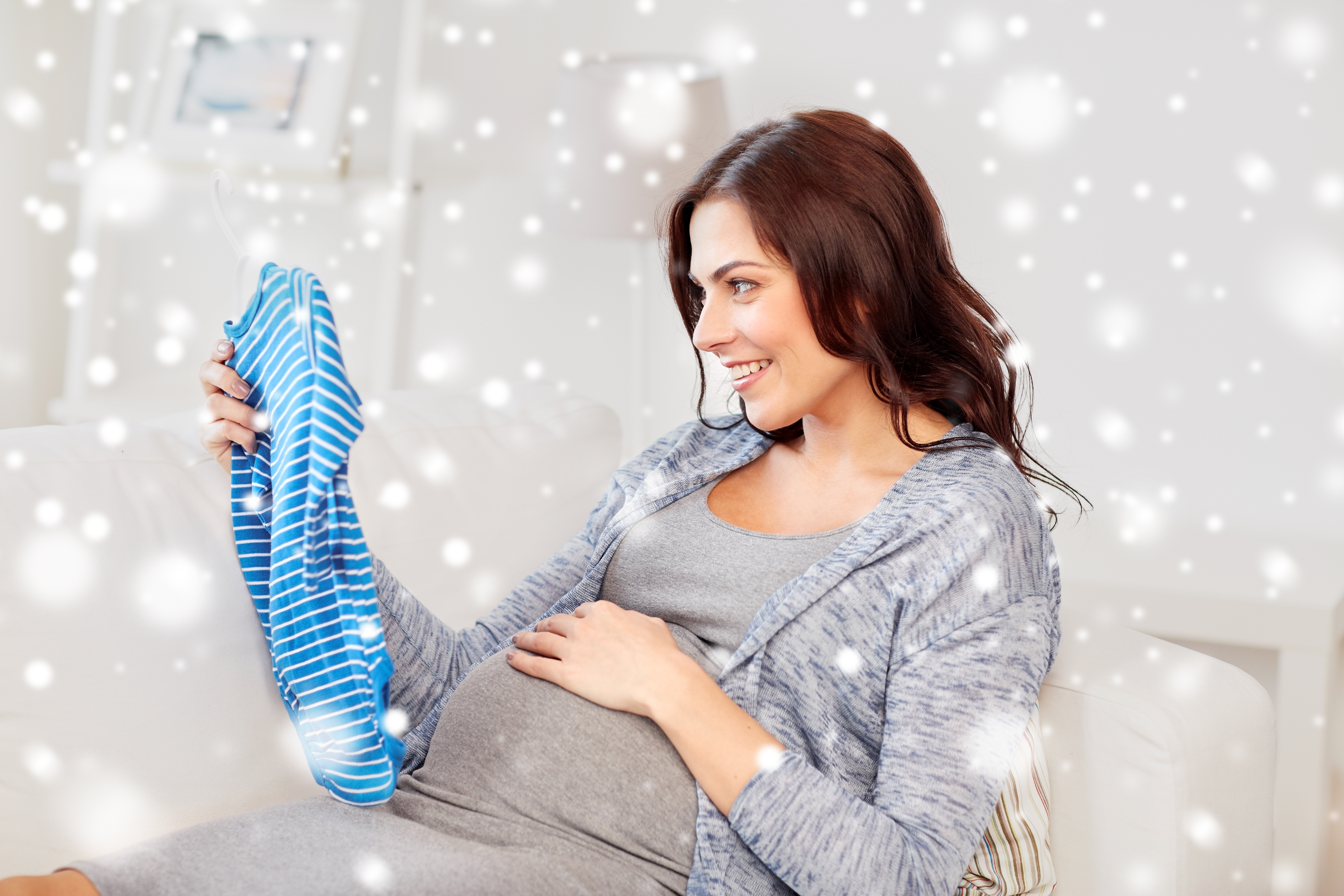
Post IVF Care After Embryo Transfer
Nowadays, IVF (In-vitro Fertilization) is a standard treatment for infertile couples. IVF success rates have been consistently rising across the globe year after year. You might not be aware that the success of an IVF doesn't entirely lie with the doctor or the fertility clinic. The patient having the treatment also has a list of things that he/she needs to do for the IVF to succeed.
If you or your loved one is planning for an IVF treatment, here are some important tips for care after embryo transfer that can help increase the chances of a successful IVF.
What is an Embryo Transfer?
First, let us know what an embryo transfer during IVF is. The embryo transfer is the final step of the IVF procedure, where the fertility expert will deposit the embryo (the egg that is fertilised, as a result of the union between the egg of the female and sperm of the male under medical conditions) back within the uterus of the female. The embryo requires time to settle in the uterine wall for an effective implantation.
Care Post Embryo Transfer
It may take 2 weeks to establish pregnancy, following the embryo transfer. In a regular pregnancy, a woman can continue with her normal routine until she establishes her pregnancy and begin taking precautions following establishment of pregnancy. In IVF, precautions should be initiated earlier. With some precautions, successful implantation chances can be enhanced and chances of treatment failure can be minimized.
What to Do After Embryo Transfer in IVF
1. Rest
Within a few days of the embryo transfer, the physician may recommend bed rest. After returning home, resting and avoiding putting your feet on the ground as much as possible is recommended. Steer clear of physically strenuous activities such as running, heavy exercises, jumping, etc. If possible, take a week off in case you have to travel to work to eliminate the added stress of travel and work-related pressures.

2. Healthy Diet
Make sure to maintain a healthy diet. What you consume influences your health as well as the health of your baby. If the embryo transfer is a success, then the food consumed after the transfer will aid in fetal growth. Processed foods and high cholesterol and sugary foods should be avoided so that health complications during pregnancy can be minimized.

3. Hydrate
Fluids are vital for cellular functioning. Keeping your cells hydrated at this critical stage will make the body function efficiently. Being well-hydrated at this time also makes sure the hormones are in perfect balance and working well. All these are necessary for a successful embryo transfer.

4. Minimize Stress
Stress usually disrupts the hormonal balance in the body. Typically, stress causes numerous problems during pregnancy. Once you have gone through an IVF, try to minimize stress as much as possible. It is normal to worry about the success of the treatment, but stressing could possibly lower the chances rather than benefit at all. Yoga or relaxation exercises may keep you calm.

5. Progesterone Supplement
Progesterone is a hormone that causes the thickening of the uterine lining for implantation. Progesterone supplements may help in raising the hormones in the body and result in the growth of thick walls of the uterus that are fit for implantation.

What Not to Do After Embryo Transfer in IVF
1. Miss Medication
After IVF, the physician or doctor will provide you with a list of medications and the recommended dosages. Do not miss any of these medicines at the indicated time. Certain medications are crucial for IVF to be successful.
2. Strain Physically
It is also vital to minimize physical exertion as much as possible. If you do not have someone assisting you at home and must perform all household work and other physical activities, try to lessen your workload. Steer clear of physical exercises as well as lifting heavy objects for the next few days to decrease the risks of the IVF treatment failing.
3. Sexual Intercourse
Physicians will recommend no sex before the pregnancy test. Sex and orgasms trigger uterine contractions, which are not advisable for IVF transfer. Uterine contractions will disrupt the uterine lining and interfere with implantation.
4. Hot Tubs
Skip hot baths, bathtubs or saunas following an IVF transfer. The heat may raise your body's core temperature and influence implantation. A rise in core body temperature may cause spontaneous miscarriages in early pregnancy.
When to Consult the Doctor?
During your IVF procedure, your physician will keep a close check on you following the embryo transfer. In case of high-risk patients, you might even be admitted and kept under complete observation. If you experience the following during or after the embryo transfer, it is better to visit your physician at once:
Severe Cramping – Mild cramping that occurs during implantation is normal. But in case the cramps are too severe or too painful, approach your physician.
Bleeding or Spotting - Spotting may occur during implantation, but in case it persists for a few more days or you observe the flow to increase, you must seek your physician's advice at once.
Check out more Informative Videos on our YouTube Channel
Conclusion
IVF is one of the most popular fertility treatments. It is extremely crucial to take care of yourself both before and after the IVF treatment, particularly after and during the transfer of the embryo. Don't wait until pregnancy is confirmed. Reach out to a reputable fertility doctor and fertility centre for optimal results.

